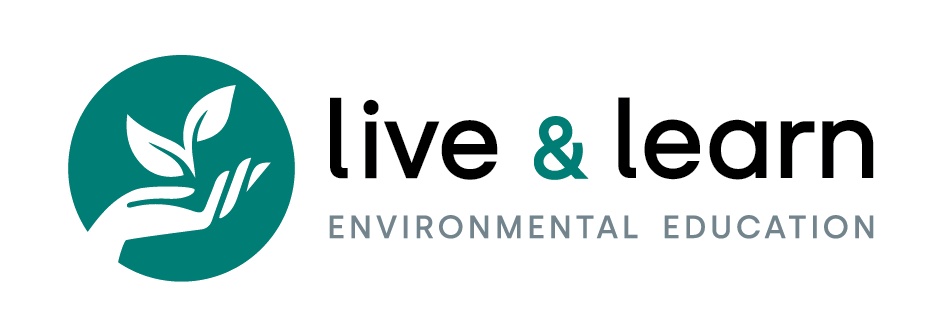In Tongan communities, Indigenous knowledge takes many forms and plays numerous roles in everyday life. For Houma resident Anamafi Kula, it is about working with her local environment to enable the community to be self-reliant.
‘Our surrounding and Indigenous plants teach us how to live and to live independently,’ said Anamafi, the oldest participant in the recent Indigenous Knowledge Leadership programme workshop conducted by the Live & Learn Tonga team.
‘We live according to what we have in our community: the abundant tutu [mulberry trees] that are found here in Houma make us women [able] to make a living out of making tapa clothing (ngatu).’
In many places across the Pacific, Indigenous knowledge based on principles like those of Anamafi are often facing difficulty in being passed down to younger people. But the Climate Resilient Islands communities of Houma and Mata’aho are working to ensure their knowledge continues to be learnt by future generations.

‘This IKLP training is an opportunity for people to share their Indigenous knowledge,’ the Live & Learn Tonga team said. ‘Oloveti Lu’au, the town officer of Mata’aho and their IK holder, told the young people in this program that the Indigenous knowledge they shared should be retained and passed on to other young people, because they will be the ones running the community. Their knowledge will be passed from generation to generation as a legacy to carry with them.’
The workshops discussed how Indigenous knowledge in these communities is crucial in addressing contemporary challenges, particularly in environmental management and cultural preservation, and how local leaders can advocate for the integration of this knowledge alongside modern governance frameworks.
As young people are the ones who must carry this knowledge into the future, much of the workshop focused on their attitudes towards such information and practices. Though formal monitoring is yet to be conducted, the team’s early impressions are that the workshops have had a significant impact on the youth attendees, particularly in their ecological awareness.
‘The young people comprehended the way we conducted the programme, and we were able to obtain qualitative information through interviews which helped us understand how these activities had affected their perspectives on ecosystems and land management,’ the team said. ‘There is indeed an increased understanding among young people and a shift towards valuing ecological literacy.’
While covering specific practices including farming, handcrafts, ecology and more, the workshops also emphasised the importance of Indigenous knowledge as not only discrete skills, but as a body of wisdom that encompasses observations, beliefs and practices that have been developed by Indigenous peoples through their interactions with their environments.
The importance of understanding this was stressed by Oloveti Lu’au, who said that ‘the reef of today is the land of tomorrow.’ In creating their vision of tomorrow, the communities of Houma and Mata’aho are looking into their past, drawing on the lessons they have learned from their environment to continue living well.

